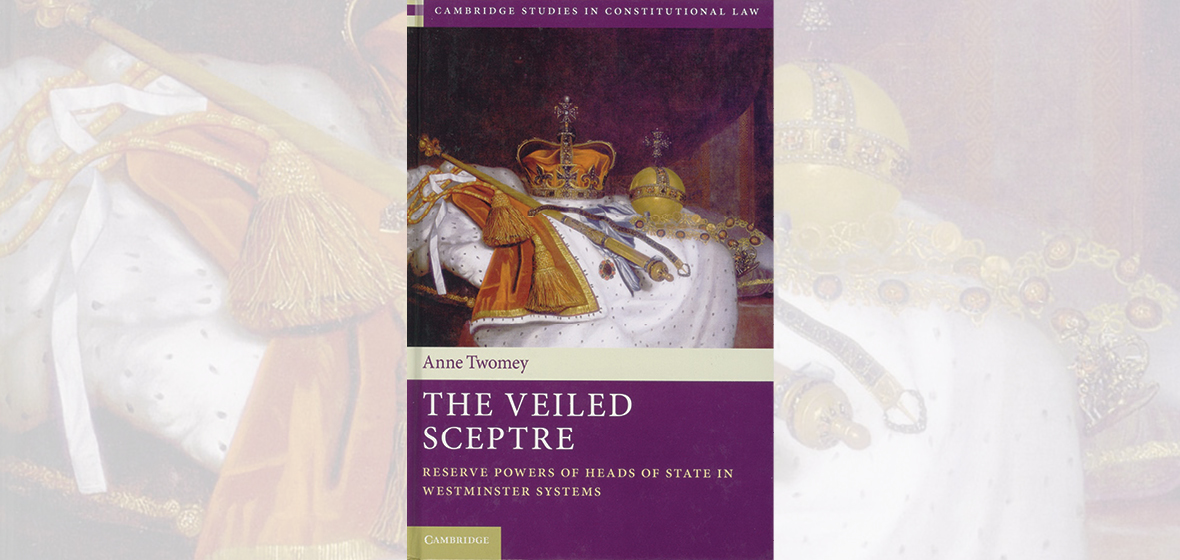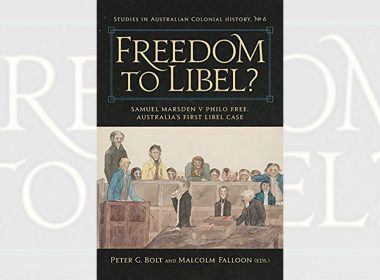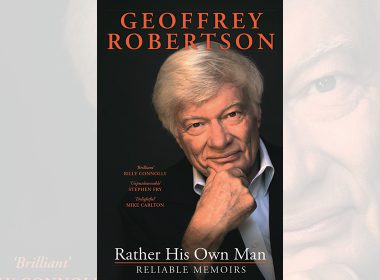Reserve powers are powers exercised by heads of state without, or contrary to, ministerial advice. In her latest book, Professor Anne Twomey draws on a vast range of previously unpublished material, including from the Royal Archives at Windsor Castle, to provide a comprehensive analysis of the exercise of reserve powers in countries that have a Westminster-style system of responsible government.
Constitutional crises usually involve a conflict between constitutional principles, including the principle of: the rule of law (the head of state must act in a legally and constitutionally valid manner); responsible government (the head of state is obliged to act upon the advice of ministers responsible to Parliament); representative government (the lower House is formed of representatives directly elected by the people); the separation of powers (determining what is legal is an exercise of judicial power and is for the courts); and, necessity (on rare occasions, when government has fallen outside the bounds of constitutionality, the head of state may exercise an otherwise unconstitutional power to lead government back to constitutional validity).




